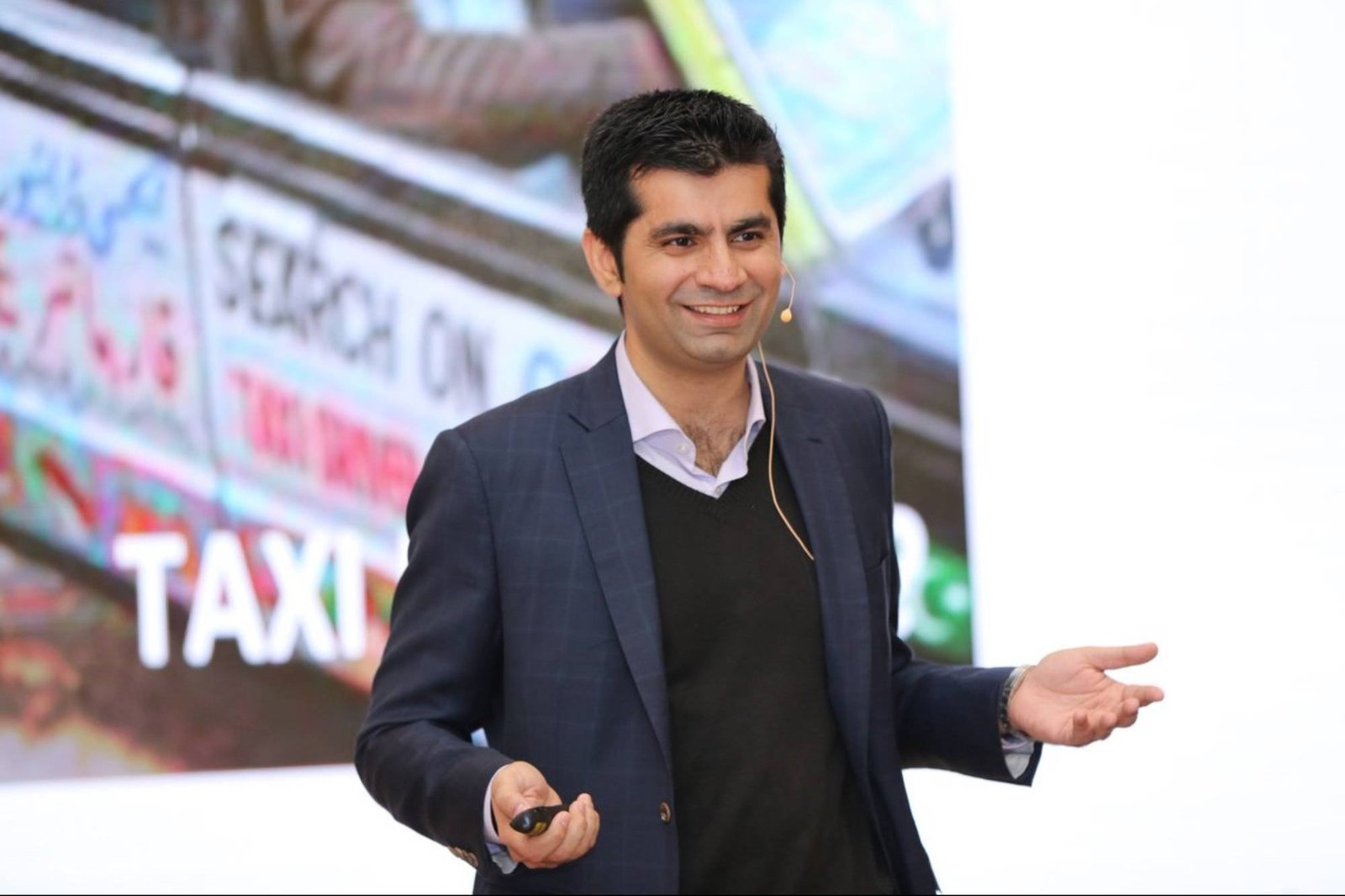As the Middle East becomes a hotbed of technological innovation, one company has consistently remained at the forefront of transforming daily life across the region: Careem. What started as a ridesharing app in 2012 has since evolved into a comprehensive platform poised to revolutionize the way people interact with services through its ambitious Super App model. This transition marks a significant shift not only for the company but also for the broader tech ecosystem in the Middle East.
What is a Super App?
A “Super App” refers to an all-in-one digital platform that integrates multiple services into a single interface. The concept, popularized in Asia by companies like WeChat and Grab, allows users to access a wide variety of services—ranging from transportation to payments, food delivery, shopping, and more—without having to use multiple apps. Careem’s push to implement a similar model in the Middle East positions it as a frontrunner in the region’s digital ecosystem.

Careem’s Journey from Ridesharing to Super App
Careem initially launched as a ridesharing service, offering an alternative to taxis in cities like Dubai, Riyadh, and Cairo. Over the years, it quickly became a household name, servicing millions of users across the Middle East, North Africa, and South Asia (MENASA). The acquisition of Careem by Uber in 2020 for $3.1 billion was a major validation of the company’s market dominance. However, Careem was not content with just ridesharing—it set its sights on something much larger: transforming into the Middle East’s first Super App.
In June 2020, Mudassir Sheikha, the co-founder and CEO of Careem, announced that the company would begin its transition into a Super App. The idea was simple: leverage Careem’s existing user base and infrastructure to deliver a range of everyday services, all under one digital roof. According to Sheikha, “Our ambition is to simplify and improve the lives of people across our region. The Super App allows us to do that by connecting customers with more services in one place.”
The Role of Fintech in Careem’s Super App Vision
One of the driving forces behind Careem’s Super App strategy is its commitment to fintech innovation, particularly through Careem Pay. The digital wallet feature enables frictionless payments, making it easier for users to pay for rides, food delivery, and other services. In addition, Careem has been exploring ways to offer more advanced financial services, such as peer-to-peer money transfers, bill payments, and even micro-loans.
The fintech ecosystem in the Middle East has been rapidly growing, and Careem Pay positions itself at the forefront of this revolution. With the region’s increasing push towards cashless societies, Careem Pay can further embed itself in everyday financial transactions, transforming how money is moved and spent in key markets like Saudi Arabia, the UAE, and Egypt.

The Middle East as a Fertile Ground for Super Apps
The Middle East, with its young and digitally savvy population, is an ideal market for Super App adoption. According to a 2021 report by PwC Middle East, the region has some of the highest smartphone penetration rates in the world, with over 80% of the population using smartphones. The region’s growing digital economy, alongside high internet usage and an increasing demand for convenience, creates a fertile environment for Super Apps like Careem to thrive.
Additionally, the Middle East’s relatively fragmented service landscape means there is ample opportunity for a single platform to consolidate various services, providing ease and efficiency for users. Careem’s deep understanding of local markets, combined with its track record in ridesharing, gives it a unique competitive advantage in executing its Super App vision.

Challenges and Competition
While Careem is well-positioned to lead the Super App revolution in the Middle East, the road ahead is not without challenges. The company faces stiff competition from other regional players like Talabat, Zomato, and Halan, as well as global giants like Amazon and Uber Eats.
Moreover, scaling a Super App across multiple markets with diverse regulatory environments, infrastructure challenges, and cultural nuances presents additional hurdles. However, Careem’s ability to localize its offerings and understand the region’s unique demands has historically been a strong point.
Conclusion: The Future of Super Apps in the Middle East
Careem’s evolution from a ridesharing app to a Super App is a testament to the region’s growing appetite for digital solutions that simplify daily life. With its comprehensive services ranging from transportation to payments, Careem is positioned to be an integral part of the Middle East’s digital economy for years to come.
As Careem continues to innovate and expand its offerings, the company’s Super App model will likely serve as a blueprint for other regional players looking to enter the space. By addressing key needs like convenience, mobility, and fintech, Careem is not just building a platform—it’s shaping the future of how people in the Middle East live, work, and move.
Image Courtesy Notice
At The Storiez, we value the efforts of photographers, artists, and content creators. The images featured in our articles are sourced from various news portals and online websites. We strive to ensure proper credit is given wherever possible. If you are the rightful owner of any image used here and would like to request its removal or correct attribution, please feel free to contact us. We respect intellectual property rights and aim to address concerns promptly.

